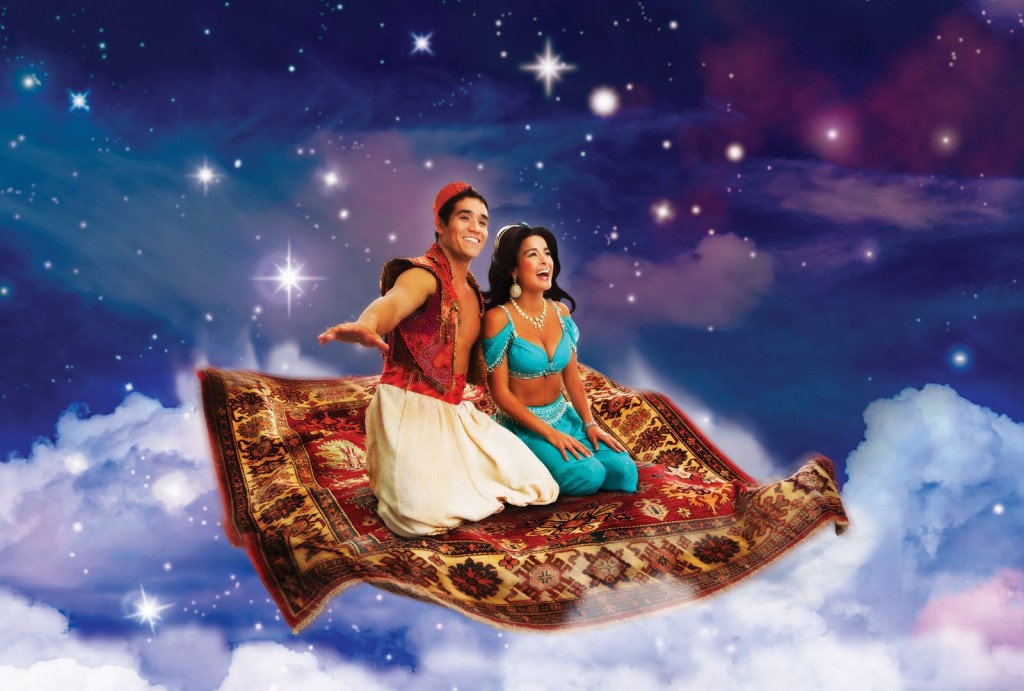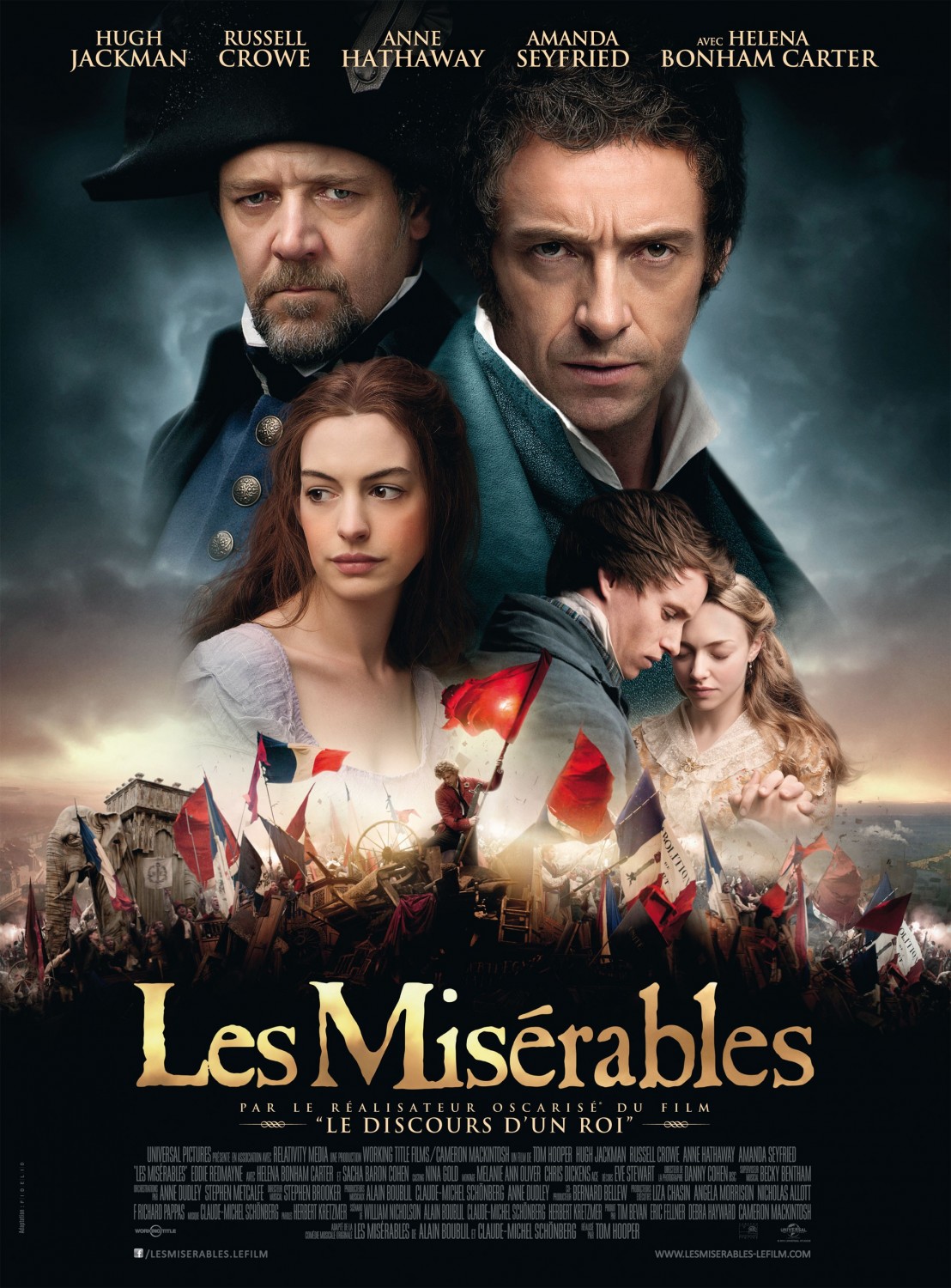Often it seems like Catholicism and the theatre world cannot mix. Maybe it's because professional theatre companies make Monday their day of rest instead of Sunday. Maybe it's because we do not have a lot of strong Catholic actors or famous movie stars who take on Christian movie roles. People like Mark Wahlberg and Sylvester Stallone are Catholic Christian men who choose movie roles that are...well, they don't really uphold solid models of Catholic living.
 |
| Funny enough, Mr. Wahlberg and I have the same wardrobe when it comes to Daily Mass attire |
For me, the best Catholic acting role models right now are Martin Sheen and Stephen Colbert. Maybe it doesn't seem like acting and Catholicism mix because people associate the theatre world with characters and ideals that are anti-Catholic or at least oppose Church teaching.
Community and Diversity
One of the things that drew me into the world of theatre was seeing how different all of the people involved
were. The theatre department in high school was the kind of place where the band nerds, the athletes, the dancers, the emo outcasts, the brainy kids, the pastor's kid, and other high school archetypes came together as a community to put on a show. That was part of its appeal.
 |
| The other part of the appeal was getting to dress up like a gangster (Sidenote: That is my friend Steve in the front center) |
The life in theatre is kind of similar to life in the Catholic Church. The world of theatre has so much variety and different kinds of people, just as the Church has a variety of style and different kinds of people invested in their faith life. A theatre department or troupe has to become a strong community in order to survive a life of performing together. When people like myself take on missions with organizations like Reach Youth Ministry or FOCUS, we have to adjust to a community life in order to evangelize well to the people we encounter.
Catholic Theatre History
I had to take two Theatre History courses as part of my major in college and I especially enjoyed the first course, which covers history from the beginnings of ancient Greek theatre all the way to the 19th century (a lot of theatre happened the last two centuries). Something I found interesting was how the text book related the Catholic Church to Greco-Roman theatre. It talked about how Catholics were responsible for the end of that era of theatre by forcing theatres to shut down because the Church had rules and wanted to abolish anything that didn't obey the rules. Kind of like how today people paint Christianity and Catholicism in particular as this parental institution that tries to bully people into following their rules or otherwise shun them as sinners.
 |
| Pictured Above: Bullying |
Well, sure the Catholic Church wanted to change Greco-Roman theatre. Here was this raunchy, lustful form of entertainment that was not leading people to Jesus but leading them towards sin. However, as the Church gained more authority and the era of Greco-Roman theatre came to an end, which group of people do you think was responsible for keeping theatre alive? Because sometimes people look at history and just think that after ancient plays like Oedipus stopped being performed, that there was a period of nothing happening until the Medieval period, which led to Shakespeare. However, theatre was still a viable form of entertainment and storytelling between those two time periods, and it's because of the Catholic Church.
Monasteries held copies of the ancient plays and monks and nuns would study scripts to learn how to read and write ancient Greek and Latin. The Church had the authority and wealth to produce performances at local parishes and churches. Songs would be written during special seasons like Lent, Easter and Christmas and performances would be created based on the songs. An important Catholic theatre figure in this time period that I learned about was Hrotsvitha of Gandersheim.
 |
| A woman so legendary, you've never heard of her until now! |
Hrotsvitha was a German nun in the 10th century. We have records of scripts that she wrote while at the Gandersheim Abbey. She is considered the first female playwright. What were her plays about? In summary, these plays were either about father figures who sinned and have a conversion by the end of their life or they were about young virgin girls who were martyred because of their purity.
 |
| Which made for great bedtime stories at the abbey. |
Issues with Contemporary Theatre
There are two main issues I have with contemporary theatre, both of which involve the popularity of today's musicals and dramas. Firstly, when modern producers and directors aren't trying to create a stage version of a famous movie or reviving an old yet popular musical, they are trying to establish a hit show that is edgy and provocative. Often this revolves around sexuality, whether it's teens coming of age and discovering their sexuality, or a theme on homosexuality, or just the main characters lusting for one another.
 |
| Broadway, please do your best to keep Aladdin family appropriate. Pretty please. |
These shows are considered provocative and edgy because of their graphic depiction of the sexuality which often times makes audiences feel awkward or uncomfortable. This isn't to say that the show is of bad quality (that would depend on how well the cast and the crew put the show together), but that this is the main idea of what is considered edgy.
You know what would be edgy today? Watching a show about a young teen male who struggles with lust and temptation and at the end of the show DOES NOT sleep with or even kiss the girl that he has that huge crush on. Or witnessing a young woman PROTECT her virginity by withstanding authority figures who try to take it from her and torture her because of her chastity and in the end is martyred because she wants to remain pure for Jesus Christ. Or seeing a musical about Christians in the Middle East who are PERSECUTED because of their beliefs and are still faithful to God.
 |
| Though oddly enough, people know the stage musical because they saw the movie first. |
Over the past couple of years, I've contemplated joining a theatre company that is Catholic and produces Catholic-based plays. Or looking into a general Christian-based theatre company and working with that community. When I inform people of this, they ask "Is there such a thing?". The answer is...not really, and that's the problem. There are very limited options when it comes to joining a high quality, successful Catholic or Christian theatre company. Because a successful company like this is not only a non-profit organization, but it usually limits itself to several one-man shows in order to keep costs and budgets low (at least, that is the conclusion I have come to). So, if I want to minister to people in the theatre world, my best chances are either to establish my own Catholic theatre company or to join a secular theatre company and live out my Catholic faith in front of my peers.
Where Do I Go From Here?
Well, so far my future in theatre is bringing me back home. After taking this year off from collegiate life and the theatre world, I am going back home to seek a Master's in Arts Management at Lindenwood University. I am trying to get involved in the community and professional theatres in the St. Louis area and I believe that, in order to get my foot in the door, I need to re-train myself with the help of instructors and network with my peers. My hope is that if I do not get involved in an already existing theatre company that I am able to create my own. By getting an Arts Management degree, I still have the opportunity for acting and directing but I also have the business background to find some more steady work if I felt called to do more administrative or producing work. All while I maintain my faith life and my ability to share Jesus Christ with the people around me. So yeah, theatre and Catholicism can mix.



No comments:
Post a Comment